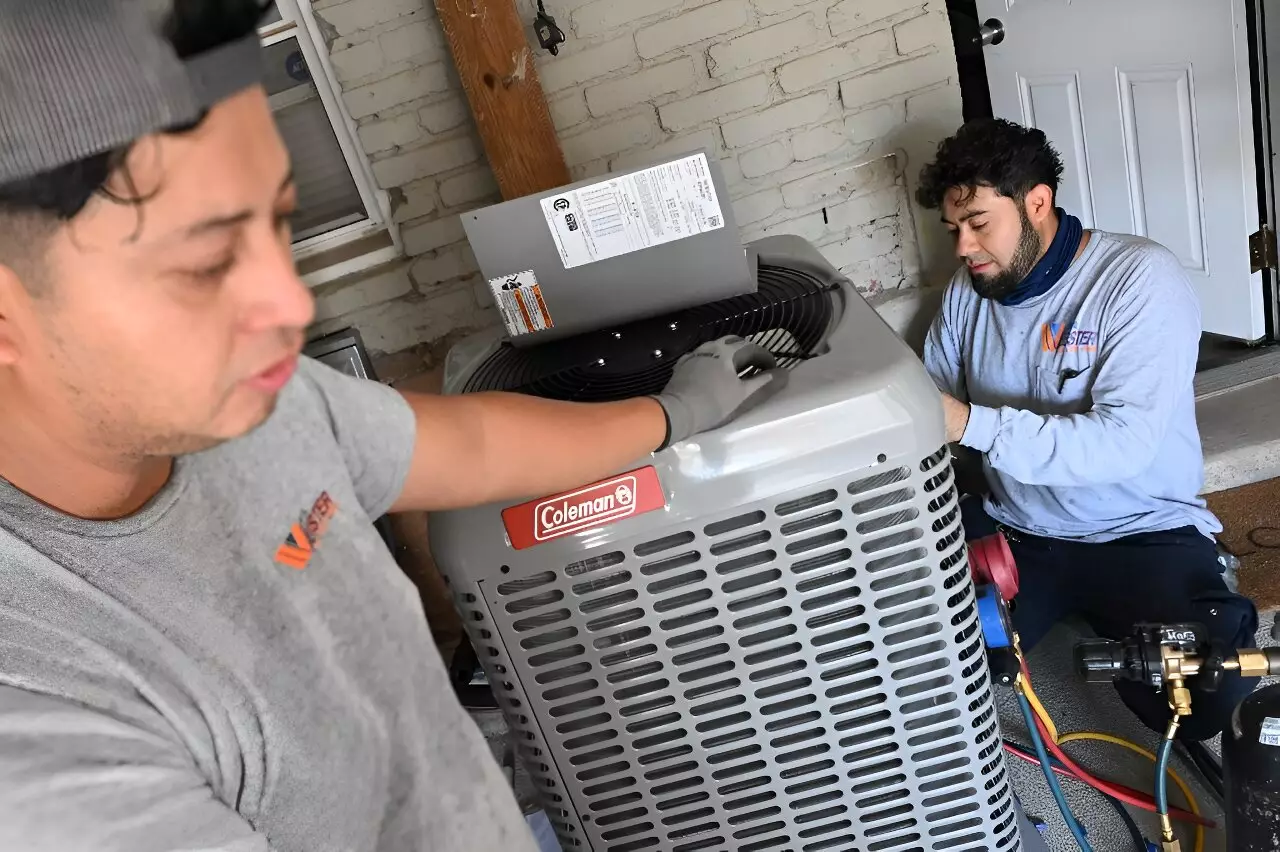In a world where climate change is becoming an increasingly urgent concern, the United States is looking towards greater home electrification as a way to reduce greenhouse gas emissions. Heat pumps, an energy-efficient system that combines both heating and cooling functionalities into one appliance, are at the forefront of this push. While heat pumps are common in Asia and Europe, they have had slow uptake in the United States.
Su Balasubramanian, a social worker from Washington, expressed her surprise at how little she knew about heat pumps despite being environmentally conscious. The slow adoption of heat pumps in the United States is a challenge that the White House is aiming to address through various incentives and subsidies provided in programs like the Inflation Reduction Act.
To encourage the adoption of heat pumps, the Inflation Reduction Act offers tax credits of up to $2,000 for individuals installing heat pumps in their homes. There are also rebates available for low- and middle-income households looking to make the switch to more energy-efficient systems. Individual states are also providing their incentives to promote the adoption of heat pumps.
Participants in programs like Washington’s Affordable Home Electrification program can receive total home electrification at no cost. This includes a heat pump air source, heat pump hot water heater, induction stove, and electrical panel upgrade, making the transition to a more energy-efficient home more accessible for individuals who may not have been able to afford it otherwise.
While heat pumps are more energy-efficient and cost-effective in many instances, there are challenges to widespread adoption. Advocates emphasize the importance of raising awareness about the benefits of electrification and incentivizing individuals to make the switch. Kalen Roach, from the DC Sustainable Energy Utility program, highlighted the need to convince customers, especially seniors on fixed incomes, of the benefits of heat pump adoption.
Despite the challenges, the potential benefits of widespread heat pump adoption are significant. According to a report published in the scientific journal Joule, full adoption of heat pump air systems in the United States could reduce national greenhouse gas emissions by five to nine percent. This reduction could have a substantial impact on the country’s overall carbon footprint and contribute to a more sustainable future.
As more individuals become motivated by climate concerns, electrification is gaining traction, particularly among early adopters. However, there is still much work to be done to educate the public about the benefits of heat pumps and other energy-efficient systems. With informed contractors, incentives, and subsidies in place, the future of home electrification in the United States looks promising.
The transition to greater electrification in homes is a crucial step towards reducing greenhouse gas emissions and combating climate change. Heat pumps are just one piece of the puzzle, but they represent a significant opportunity to improve the energy efficiency of residential buildings. With continued awareness, incentives, and support from policymakers, the future of home electrification in the United States looks brighter than ever.

